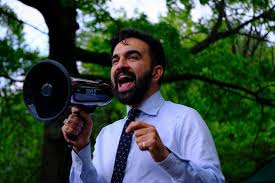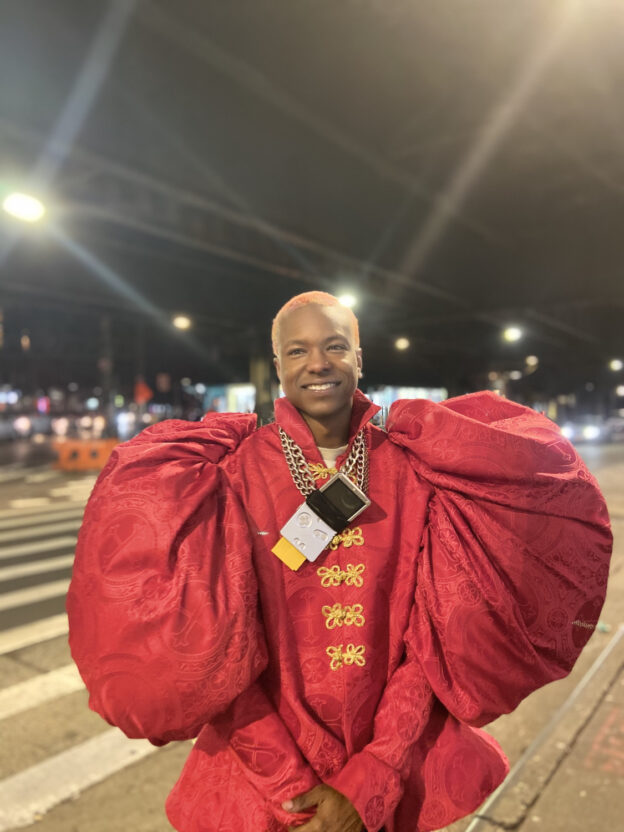His “eye,” not his “eyes.”
That’s what Chazal point to with regard to how a pikei’ach (perceptive person) like Korach could undertake a shtus, a “stupidity” like fomenting a rebellion against Moshe Rabbeinu.
The words of the Midrash, brought by Rashi (Bamidbar 16:7), are: “His eye misled him. He saw [in a prophecy] that Shmuel would be one of his descendants” and assumed that he, Korach, was thereby licensed to foment a rebellion.
Why his “eye,” in the singular?
The fact that we have a pair of eyes allows, of course, for a special sort of vision, stereopsis, which gives us the ability to perceive depth and three-dimensional structures by combining the slightly different images received by each eye. That facilitates our ability to judge the relative distance of objects and perceive depth.
Korach was focused on only one aspect, his genealogical legacy, his future descendant Shmuel. He didn’t employ the full complement of vision, and remained blind to the larger issue of what he was actually about to do – foster a schismatic rebellion against Hashem’s chosen messenger. He saw a picture, yes, just not the big picture.
Chazal famously teach that “falsehood has no feet” – that the word sheker teeters on the single “foot” of the letter kuf – while truth is stable, as each letter of the word emes is firmly grounded (Shabbos 104a).
But that same Gemara also notes that the letters of sheker are adjacent to one another in the alphabet, while those of emes span the entire aleph-beis. That fact, Chazal say, teaches us that falsehood is easily found, but truth, only with great difficulty.
I understand that to mean that one can be misled by focusing on only one aspect of something. Perceiving the truth, by contrast, requires spanning the entirety of what is seen, the “big picture,” complete with stereopsis. It’s a lesson much needed in our polarized, black-and-white, one-dimensional times.
© 2025 Rabbi Avi Shafran









